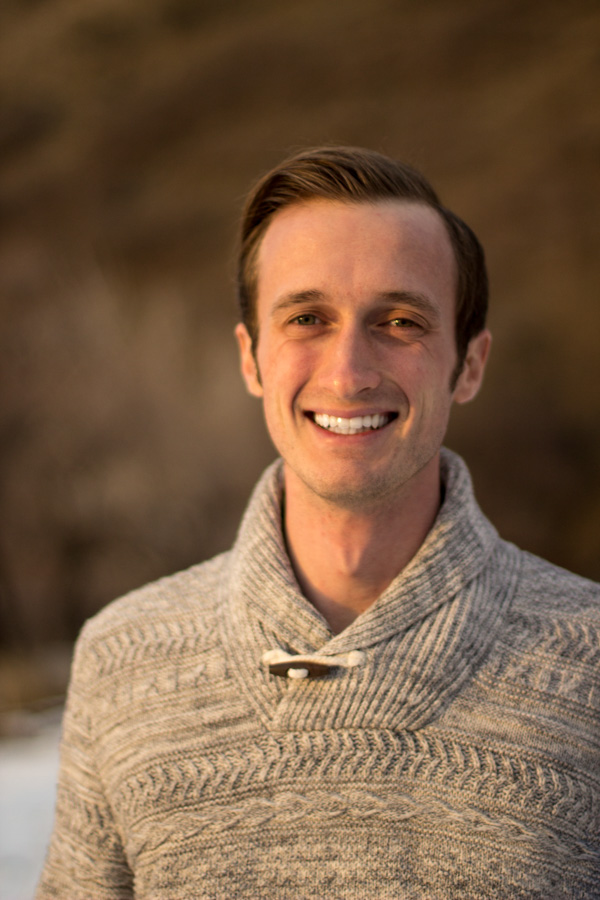
Alex Theobald's former experience as a clinician strengthens his research goals to help patients heal
Alex Theobald, LMFT-Associate, worked as a clinician before joining the Couple, Marriage, and Family Therapy (CMFT) program at Texas Tech. By joining the graduate program, Theobald said it was part of his commitment to developing the skills and character necessary to be a life-long learner, educator, and researcher.
"I chose Texas Tech because of the character, expertise, and influence of the faculty here," Theobald said. "They simultaneously support and challenge me in becoming the best researcher, therapist, and person I can be. Structurally, the Texas Tech CMFT program excels at providing their students with a personalized, efficient, and practical education, filled with opportunities to progress our field of study and careers."
Theobald – who also holds a B.A. in Philosophy from Brigham Young University (2015), master's degree in Marriage and Family Therapy from Utah State University (2018), and Levels 1 & 2 in EMDR Training – is currently working as a research assistant alongside Stephen Fife, Ph.D.
Together, Theobald and Dr. Fife are studying the process of healing from infidelity, with one of their largest projects to date being the, "Individual and Relational Healing from Infidelity: Two Grounded Theories." They are also currently working on a 15-year content analysis of all psychotherapy research literature on infidelity. Theobald and Dr. Fife plan to present both at two national conferences in Fall 2020.
As Theobald explains, infidelity, betrayal traumas, sexual traumas, and other problematic sexual behaviors are all too common. While there is a lot of research about these experiences, traumas, and behaviors, there is proportionally little empirical research on how to effectively treat individuals, couples, and families who want to heal.
"As a clinician prior to my time here at Texas Tech, I worked for an organization that specialized in treating these presenting problems," Theobald said. "From my training and experiences there, I saw firsthand the peace and healing that can come from effective treatment of these presenting problems. Through our research, I hope to help provide strong clinical, empirical, and theoretical evidence to inform effective treatment at scale."
Theobald hopes that through understanding how healing occurs, clinicians who regularly work with individuals, couples, and families in treatment for these presenting concerns will directly benefit from the insights and suggestions for treatment in his research with Dr. Fife.
"Providing clear, data-driven support for best practices in treatment helps our clients heal sustainably and efficiently," Theobald said. "Further, we believe that providing effective and efficient treatment for clients will also result in greater fulfillment and less burnout for clinicians. Ultimately, helping individuals, couples, and families heal from infidelity, sexual traumas, and problematic sexual behaviors impacts the well-being of that family for generations to come. We are grateful to play our role in supporting this change and healing."
With his projected graduation date set in Spring 2022, Theobald still has his eyes on his future, anticipating returning to the private sector as a clinician-researcher. He also hopes to experiment with technology that facilitates client-clinician feedback loops that would hopefully improve clinicians' efficiency in treating their clients' presenting problems.
"Whether or not that turns into a profitable venture, I want to, at the minimum, experiment with this tech in my own practice," Theobald said. "I hope to continually discover ways to improve as a clinician. Ideally, I want to scale those solutions to have a greater impact on the communities that mental health professionals serve. The long-term vision is to provide my clients with increasingly effective treatment and help as many clinicians as possible discover ways they can do the same."
